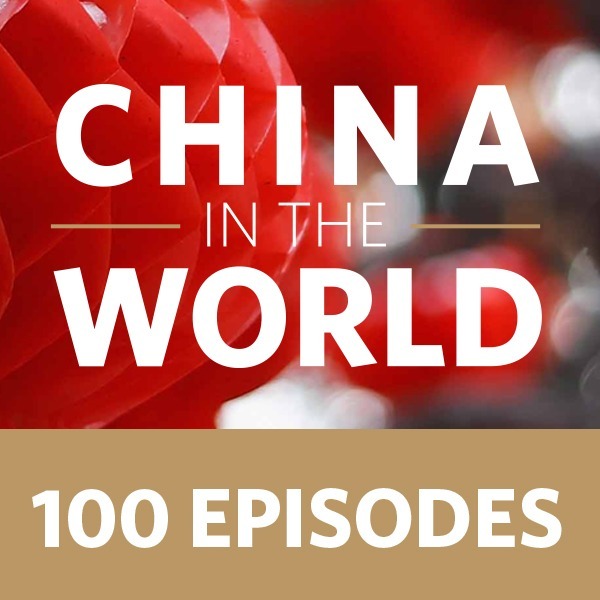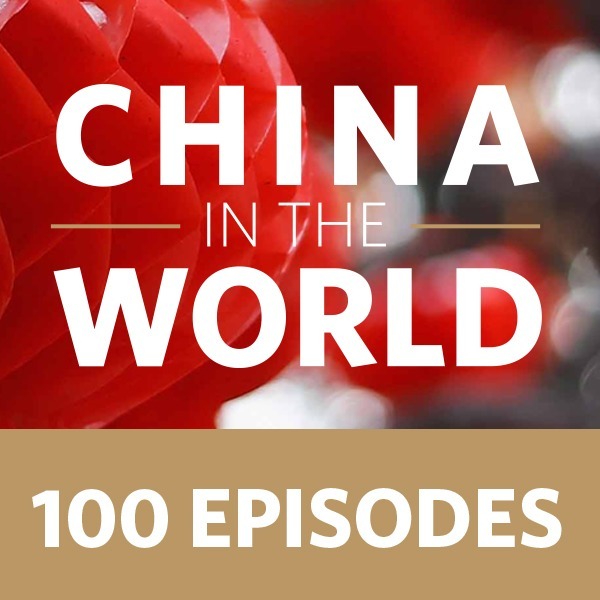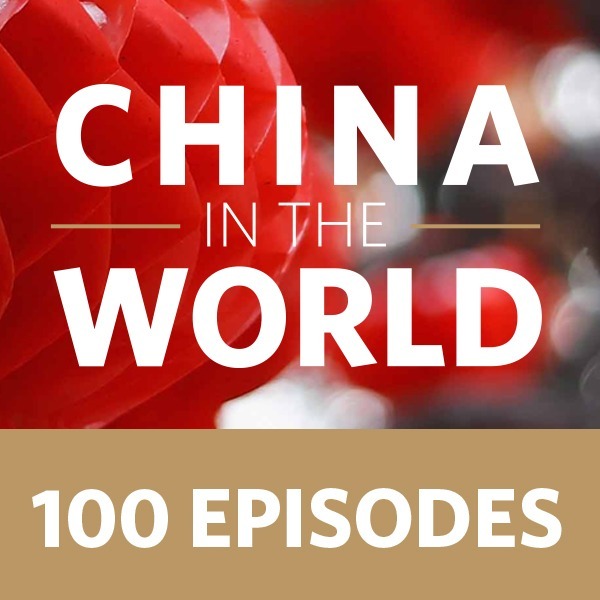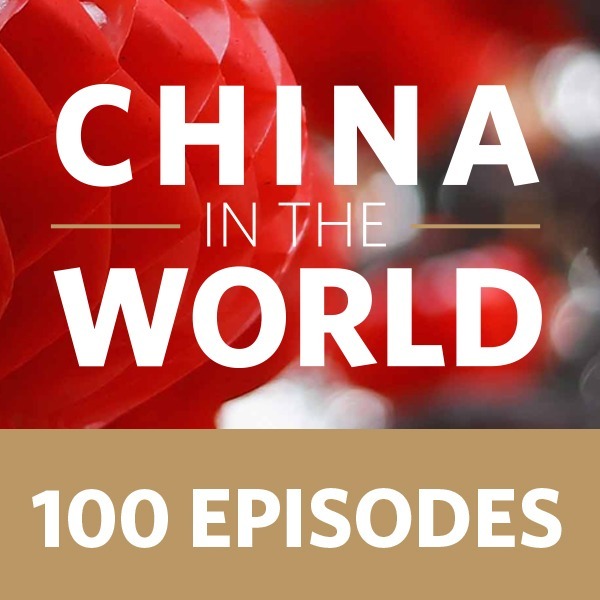Leveling the Playing Field for U.S. Small Businesses

What do you do when there is an area in public affairs with either fast change or major conflict happening? You send in the sophisticated research team Mark Drapeau leads and find out what is going on and why. Listen in now to our conversation with Mark as he shares insights from years of research and also more about their newest report called Maximum Impact: How Digital Ads Level the Playing Field for U.S. Small Businesses!
Data, Digital, and Disruption
- {00:05:45} “We want people to be armed with the best data points to tell a great narrative.” - Mark Drapeau
- {00:11:38} Every single thing could be seen as a threat or an opportunity depending on where you sit and how you react to it.
- {00:17:13} How does sports gambling and gaming effect other areas of the economy and why would that trade off be interesting and necessary piece of data to look into?
- {00:27:18} “Digital tools are a force multiplier for businesses trying to sell.” - Mark Drapeau
- {00:36:35} Across all small-medium sized businesses, about 67% of the overall ad budget is digital and that includes social media, video search, and other kinds of digital advertising. For small businesses with less than ten employees, it's 74%.
- {00:41:39} “We write in a very broad way and don't go too deep on anything. And then we frequently kind of follow up with shorter in-depth pieces that dive deeper into something that we're very interested in.” - Mark Drapeau
- {00:36:35} There are many interesting data points through the years from the studies RXN and DCI have conducted, and a very common thread they’ve noticed is that it is very difficult to separate the person from the business when it comes to decision making.
Associated Links:
- Find out more about The Visions Summit at RICE 2023 and make plans to meet us there!
- Read Mark’s Op-Ed on Why Are Lawmakers Attacking Digital Ads?
- Check out the new report from DCI Maximum Impact: How Digital Ads Level the Playing Field for U.S. Small Businesses
- Learn more about Mark Drapeau, RXN Group, and Data Catalyst Institute
- Have you checked out our YouTube channel yet?
- Get your copy of Archetypes, our newly published 240-page journal. Check it out at ArchetypesJournal.com
- Subscribe to Insiders and The Senses to read more of what we are witnessing in the commerce world!
- Listen to our other episodes of Future Commerce
Have any questions or comments about the show? Let us know on Futurecommerce.com, or reach out to us on Twitter, Facebook, Instagram, or LinkedIn. We love hearing from our listeners!











